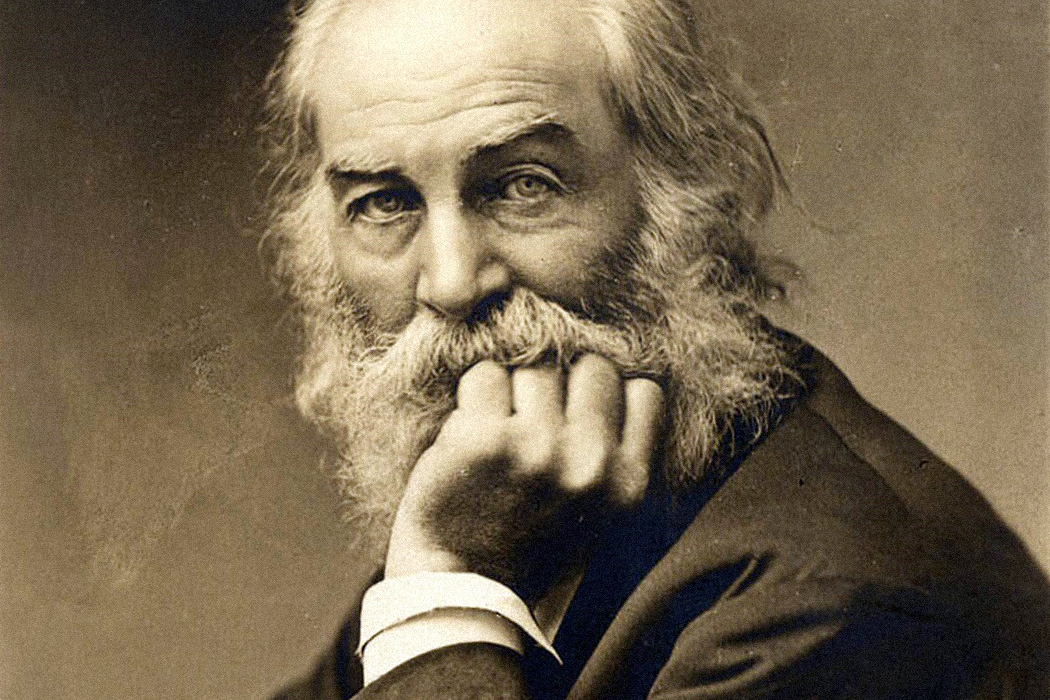
Poetry
“Reading [poetry], you know, is rather like opening the door to a horde of rebels who swarm out attacking one in twenty places at once - hit, roused, scraped, bared, swung through the air, so that life seems to flash by; then again blinded, knocked on the head - all of which are agreeable sensations for a reader (since nothing is more dismal than to open the door and get no response).”
For me, poetry is the art form that most haunts the mind and the heart. Film, books, theatre, etc. all imprint themselves in lives, but poetry tends to burn the hottest. It’s elusive, and evocative; accessible, and distant. It exists and at times it doesn’t. I think reading (and writing) poetry is the closest thing to using language to express what is inexpressible. I’m sharing with you some poems that have never left my thoughts and imagination. Whenever I need inspiration or to feel human, I look to poetry (and these poems) to connect with something that I think contemporary society has lost: patience with the present.
-

"Song of Myself" by Walt Whitman
There are plenty of Whitman’s poem I could include, but I chose this one for it’s almost mystical incantations of the universal “I” and “self.” Through Whitman’s distinct free-verse style, I’m inspired by hopefulness and transcendence of life the poem attempts to describe. I know it has it’s flaws, but it’s one of the best attempts at capturing the essence of life in poetic form that I can think of. When the rhythm of words and sentences fail me, reciting Whitman’s poem always brings me back in tune.
-

"The Door" by Robert Creeley
I don’t know when or how I found this poem, but I somehow stumbled upon a recording of Robert Creeley reading the poem and thought, “Creeley is the captain of meek.” This poem haunts me a but, scares me in some ways. For me, the poem captures the tension inside a person who stuck behind a door, locked in room, where they can’t escape to be their true self. In some ways, the human experience is a series of open and closed doors and windows, each permitting or negating access to a room or place of either heaven or hell.
-

"The Latest Freed Man" by Wallace Stevens
I first read this poem in graduate school at DePaul University. I had never heard of Wallace Stevens, and the Modern Poetry class I was taking was over my head. But I enjoyed it. I persevered. And like the “freed man” in the poem, I saw poetry differently; I saw the world differently. Graduate school was a long time ago, but I still wake up at 6:00 a.m. hoping to see the landscape as it truly is.
-

"Dreams" by Langston Hughes
On the first page of every notebook I own I write Hughes’ poem about the desire to hold on to our dreams or else face the consequence of a life not lived. The poem is reminder that no matter how difficult the road may be; no matter how much I want to give up and quite; the alternative is a life that’s barren of hope, of fantasy, of dreams.
-

"The Beauty of Things" by Robinson Jeffers
Robinson Jeffers is my favorite poet. Lost in the posterity of other poets and writes of modernism, Jeffers knew the connections between the present and the past were decorations. To him, and like the freed man in Stevens’ poem, the beauty of life, of existence, is concentrated in the eternal, in the un-humaned landscape of nature and of the human mind. When I need to remind myself of what is real, what is permanent, I reach for Jeffers and realize that the folly of everyday life - the arguments, the passions, the politics - have no meaning beyond the immediate. A hard truth for sure, but a truth nonetheless.
-

"The End and the Beginning" by Wisława Szymborska
Szymborska’s tone and attitude are playfully sarcastic. To read her poetry feels like listening to a grumpy person tell it like it is. In this poem Szymborska tackles the subject of war and how the ravages of war steep in the minds of those who experienced it, yet there will be generations who won’t have that same connection - and in fact, as generations come and go, the connection to war fades into history. Szymborska captures the aftermath of war the human irony of how a war zone could give way to a playground where young children and their parents will never fully know what happened years prior.